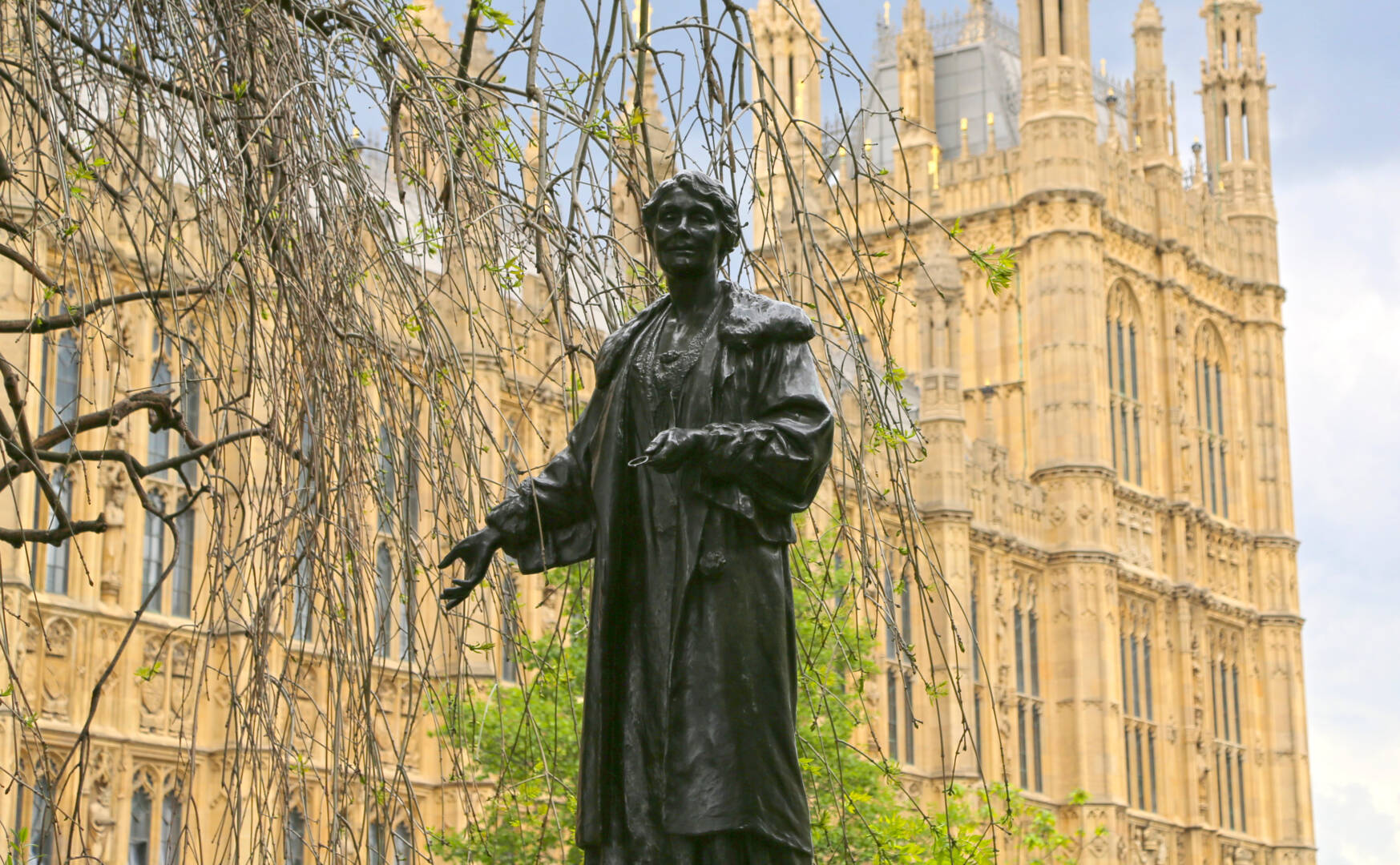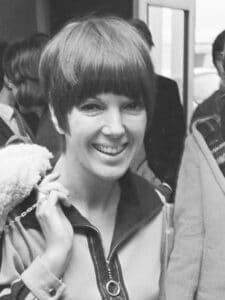
The West End – Home of the Leading Lady
Wednesday 8 March: The West End has a long history of successful women in business, dating back to the early 20th century. On International Women’s Day, we take a look at the role the West End has played as the backdrop to the important women’s liberation movement, as well as for women in business.
- The early 1900’s saw anarchist disruption in Westminster and the fevered demonstrations in the West End, as the suffragette movement gained momentum.
- Historically, the theatres saw beyond traditional working roles of pre-WWII Britain and female actors and playwrights, such as Nell Gwynne and Jane Scott, found a home on the stage.
 In the 1920s and 1930s, women continued to make their mark on the West End’s business scene. Celia Johnson, for example, opened the chic Mayfair boutique ‘The Shop’ in 1929, which quickly became a destination for London’s fashionable elite. Another successful businesswoman of the era was Mary Quant, who opened her first boutique in Chelsea in 1955, selling her iconic miniskirts and other youth-oriented fashion designs.
In the 1920s and 1930s, women continued to make their mark on the West End’s business scene. Celia Johnson, for example, opened the chic Mayfair boutique ‘The Shop’ in 1929, which quickly became a destination for London’s fashionable elite. Another successful businesswoman of the era was Mary Quant, who opened her first boutique in Chelsea in 1955, selling her iconic miniskirts and other youth-oriented fashion designs.- In keeping the global movement, the first modern Women’s Liberation march in London took place on 6 March 1971, a playful and creative demonstration with singing and dancing, but ultimately delivered the message direct to number 10, that women deserve equality.
- In the latter half of the 20th century, women continued to break barriers in the West End’s business world. In 1964, Christina Foyle took over her family’s iconic bookstore, Foyle’s, and turned it into a thriving business.
- Today, the West End of London is home to many successful female-led businesses, including fashion designer Stella McCartney, and cosmetics entrepreneur Charlotte Tilbury and Tamara Mellon, founder of the luxury shoe brand Jimmy Choo.
Their success serves as a reminder of the ongoing contributions of women to the business world, and the importance of supporting and promoting women’s leadership in all sectors.




